All photos by Tim Davis
Sitting in the backseat of my parents’ car, I watched the leafy green tapestries of summer forests flash by and imagined the adventures of the coming week. We arrived in Long Island at my grandparents’ house, and after the weekend, my mother continued back to Boston, leaving me for the week. I was 8 and this was my first trip away from home without my parents. The next morning when I woke up with puffy eyes, my grandmother, Ahu, could tell I was homesick, so she sat me down in front of her sewing machine with quilting cotton and a box of Boston cream donuts. A week later when my parents picked me up, I proudly wore a hilarious pair of neon-green pajama pants that I’d sewn under Ahu’s tutelage. I kept the ill-fitting pants long after I’d outgrown them.
 Left: Katie, at age 9, at home in Massachusetts wearing the green pajama pants she made with her grandmother. While the green pants no longer fit, they remain in her closet at her parents’ house. Photo courtesy of Katie Lamb
Left: Katie, at age 9, at home in Massachusetts wearing the green pajama pants she made with her grandmother. While the green pants no longer fit, they remain in her closet at her parents’ house. Photo courtesy of Katie Lamb
Right: A break from bouldering at Lincoln Lake, Colorado.
In America, Ahu worked as a seamstress, making the same garment, or pieces of garments, for clothing companies during the rise of ready-to-wear clothing. My grandparents’ lives were utilitarian out of necessity, and Ahu never had the opportunity to sew for leisure. But their hard work and sacrifice laid the foundation for me and my mom to explore creativity when making our clothes.
While my mom had grown up sewing, she paused in adulthood and eventually rediscovered her love of the craft in part because of my growing interest. Together, we’d cover the dining table with bolts of fabric, and using her old Kenmore machine we sewed through the evolution of my childhood clothing. My mom had made me flowy chiffon dresses when I was a toddler, and eventually I learned to pattern and sew pants for myself. As a teenager, I was eager to use clothing as self-expression, and sewing allowed me to curate my own personal style. I could have found anything online, but I enjoyed the customisation of creating it myself. Looking back at the clothing I made in high school, I see the influence of the 2010 trends. At the same time, pieces like a mock-neck turtleneck, oversized long sleeve and a shirt patchworked together from a collection of old tees are telling of how much I wanted to stand out.
 At their parents’ home, Katie makes a shirt while her brother Andy works on a bag. Photo courtesy of Katie Lamb
At their parents’ home, Katie makes a shirt while her brother Andy works on a bag. Photo courtesy of Katie Lamb
My desire to create personalised clothing could in part be attributed to the sense of individuality I’d found through rock climbing. When I started at age 7, climbing was simply a way to make new friends and scamper around at my local crags while my parents and brother climbed more seriously. As I got older, it became a way to travel to new places and pursue personal goals. Climbing accomplishments were more rewarding than reaching milestones in school or planning for a career. I spent my summers in Rumney, New Hampshire, climbing with a pack of teenage friends and working away at climbs that felt desperately difficult at first. The cryptic sequences were an early proving ground for what was possible for my climbing.
 Katie hems a pair of pants wearing a shirt she sewed from a poppy-print Japanese linen.
Katie hems a pair of pants wearing a shirt she sewed from a poppy-print Japanese linen.
To pursue climbing at a high level for this long, I’ve had to be conscious of the disparity between what actually motivates me and when I’m motivated by external pressure. Each climber has a choice in what they climb on and the style in which they climb; this is how climbers leave a legacy. For me, the worthiest climbs have a high level of aesthetic value and physical demand. Every time that I’ve become obsessed with climbing a boulder problem, I’ve had to undergo a process that pushes me creatively and, as with sewing, the joy comes from throwing myself into the details of the construction.
Climbing from such a young age has helped me understand the time and careful iterations necessary to make tailored clothes that bring an initial idea into physical form. I start with a foundation of the right materials, scouring the corners of my fabric store to find the material with the correct weight and drape. From there, the small adjustments—cleaning up a movement or changing the shape of an initial pattern piece—are what determine the success of the final silhouette. With my metal shears, I’ll grade shirts up to a larger size at the shoulders to accommodate for extra back muscle, taking care to match stripes where they meet at seams. Being a shorter climber means I need to be meticulous about breaking down movements into subparts and rethink conventional sequences. In the end, it’s the tidy insides and the clean finishes on seams that speak to the quality of the finished product.
 Katie and Keenan inspect their well-earned calluses.
Katie and Keenan inspect their well-earned calluses.
Once I’ve finished a sewing project, I am the only one intimately familiar with its good bones. I alone can fully appreciate the hours hunched over my Bernina sewing machine, agonising over pesky lines of stitching that are sewn, then ripped out to be altered, only to be sewn and ripped out once again. The hidden details are the difference between not just being the wearer, but the maker, too.
 Between work and climbing, Katie doesn’t get to sew as often as she’d like, but she considers even a quick mend or hemming pants to be a meditative break. She uses a well-loved Bernina sewing machine handed down from her mom.
Between work and climbing, Katie doesn’t get to sew as often as she’d like, but she considers even a quick mend or hemming pants to be a meditative break. She uses a well-loved Bernina sewing machine handed down from her mom.
In turn, as the maker I have the opportunity to look back at the holistic process and pass a judgment on the outcome. My own metrics of success may not align with conventional standards and grades, and in climbing there are many. It’s easy to distill climbing into a numbers game and prioritise reaching the next milestone by any means necessary over undergoing a process motivated by good style and personal growth. I’ve found more satisfaction from pursuing climbing projects that require creativity and tenacity, instead of those that are impressive for their objective difficulty—just like how I prefer making timeless clothing that lasts instead of following a fleeting trend.
Some of my best periods of climbing were during summers in Rumney, where the days were long and there was no rush to finish a climb. I knew I’d complete it eventually. There was the day spent fishing a dropped belay device out of an underground talus cave or hiking up to the crag only to discover an early-season waterfall cascading off the cliff. These days were not a waste in my development as a climber or hindrance in reaching an objective. Time spent is not an appropriate metric for the difficulty or worthiness of the project. Instead, sewing and climbing offer an opportunity to slow down, take as much time as needed and let me find fulfillment on my own terms to tailor a life lived better, not bigger.



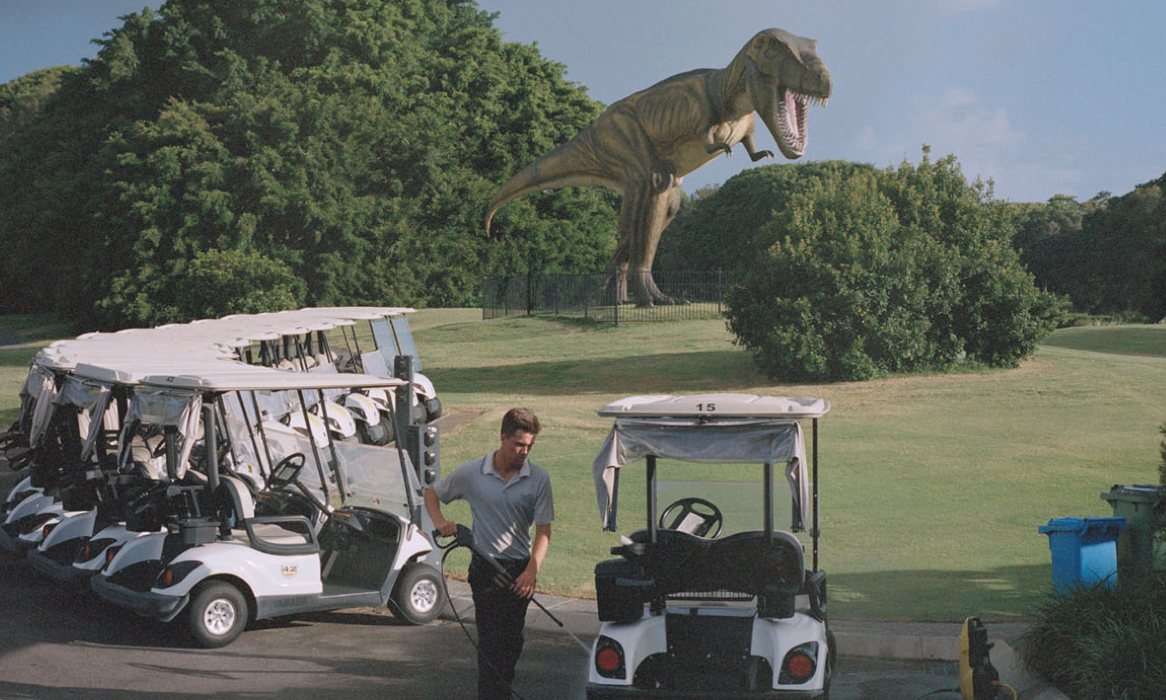
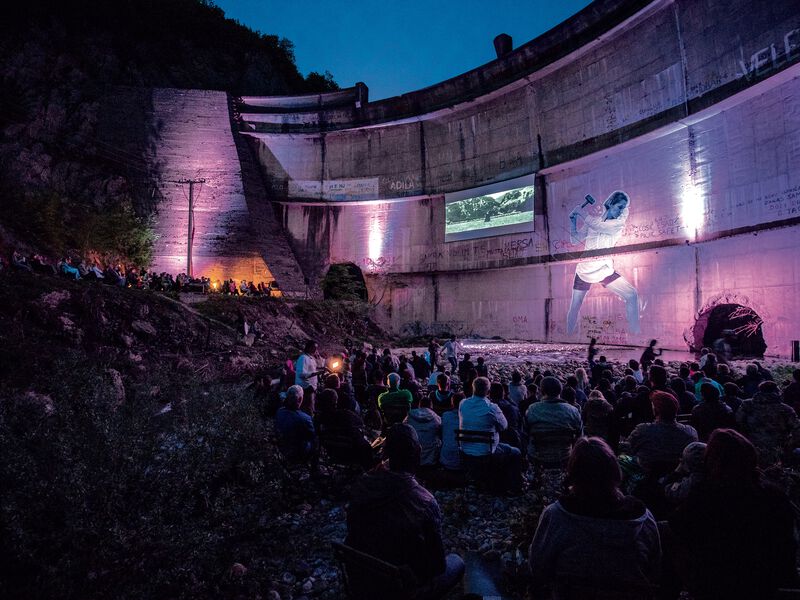



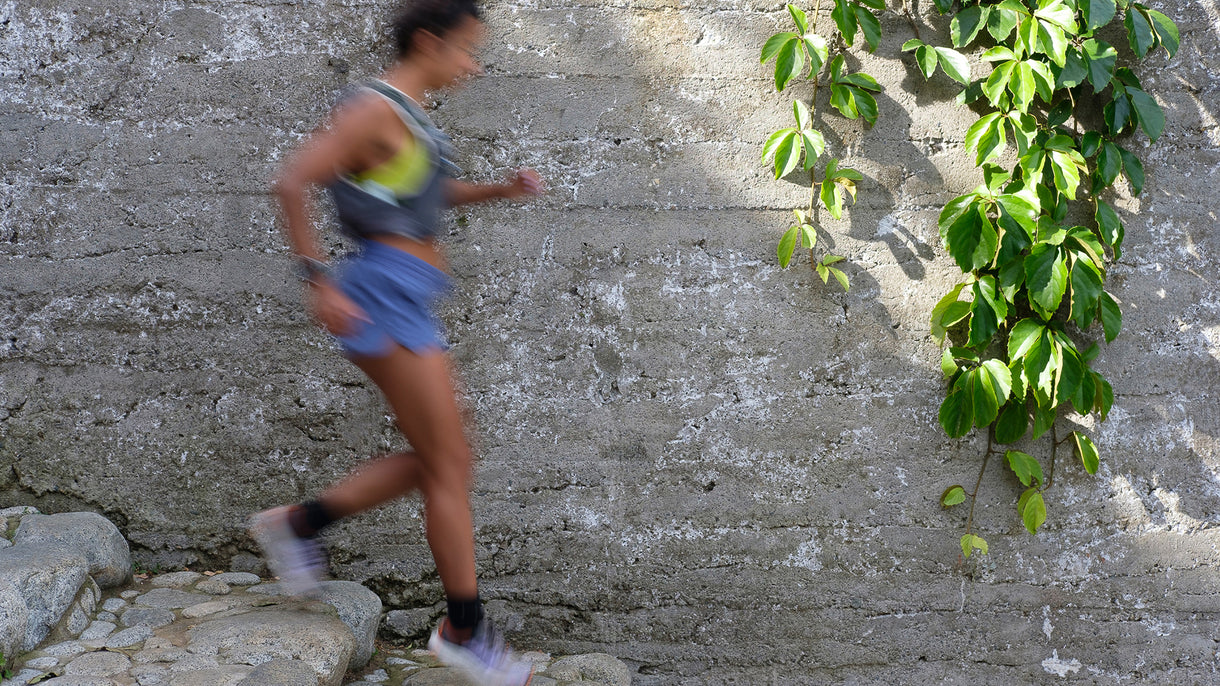



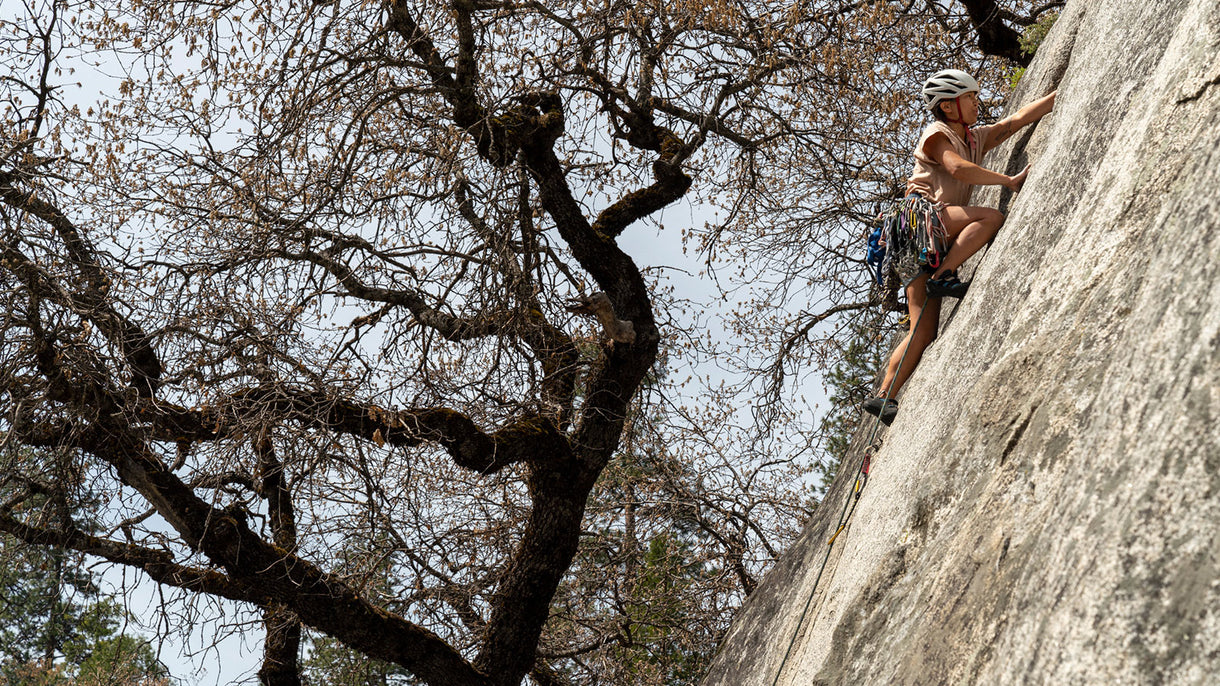




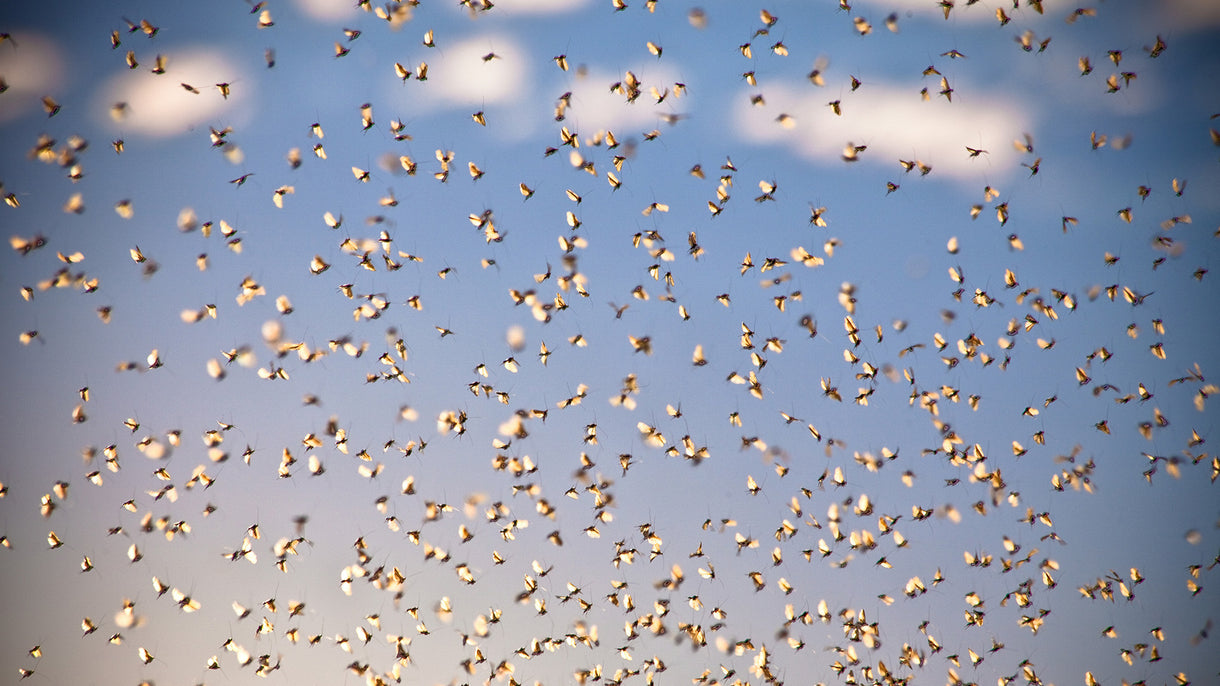







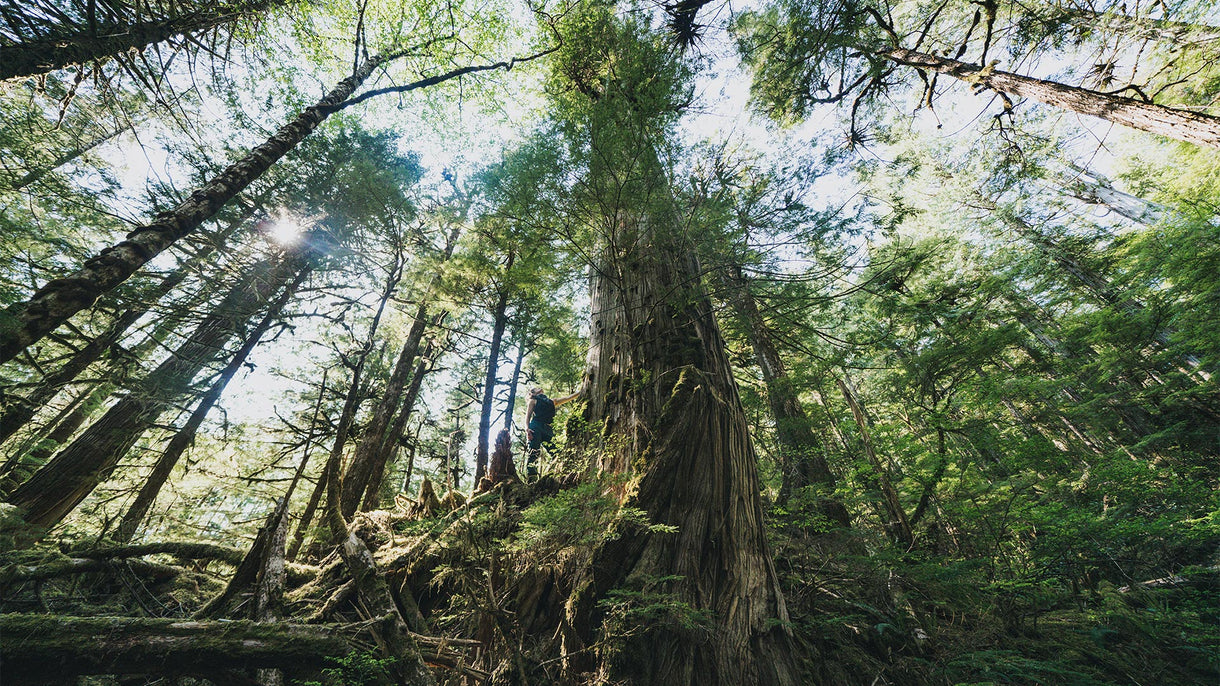
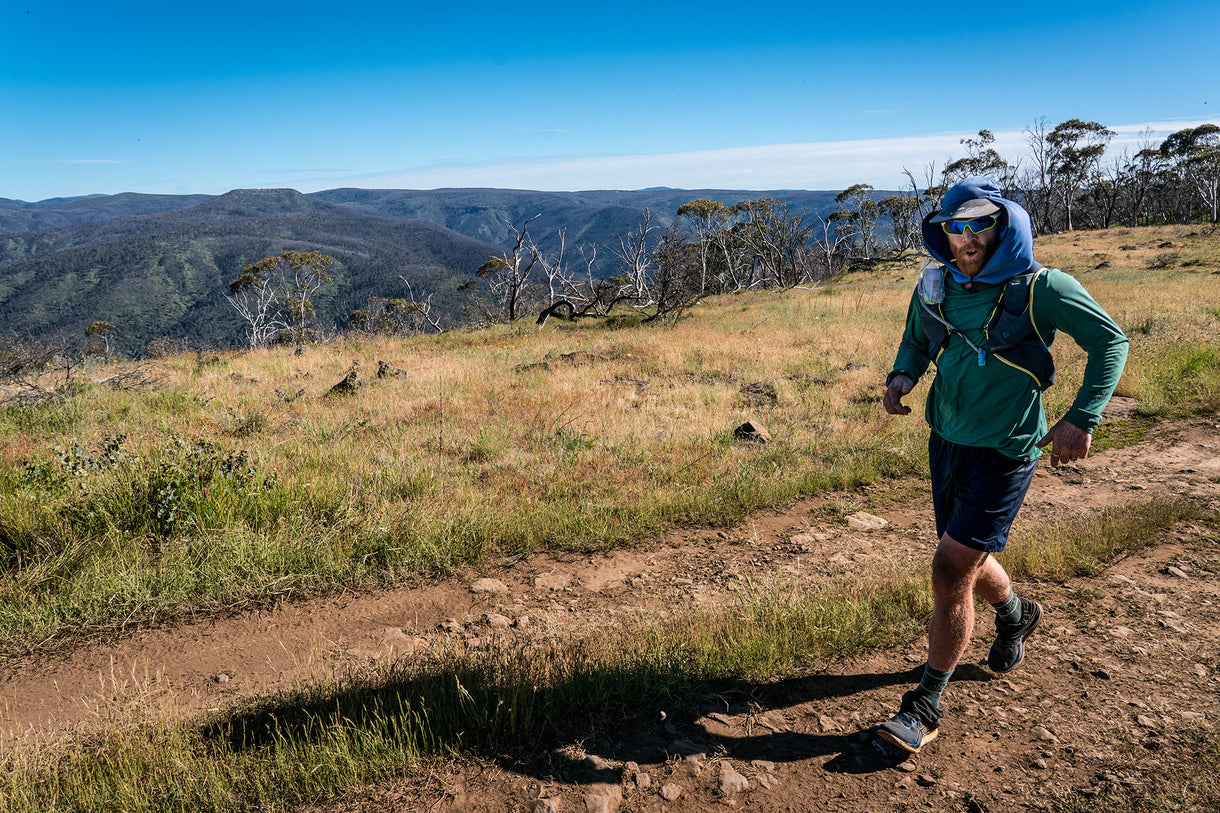
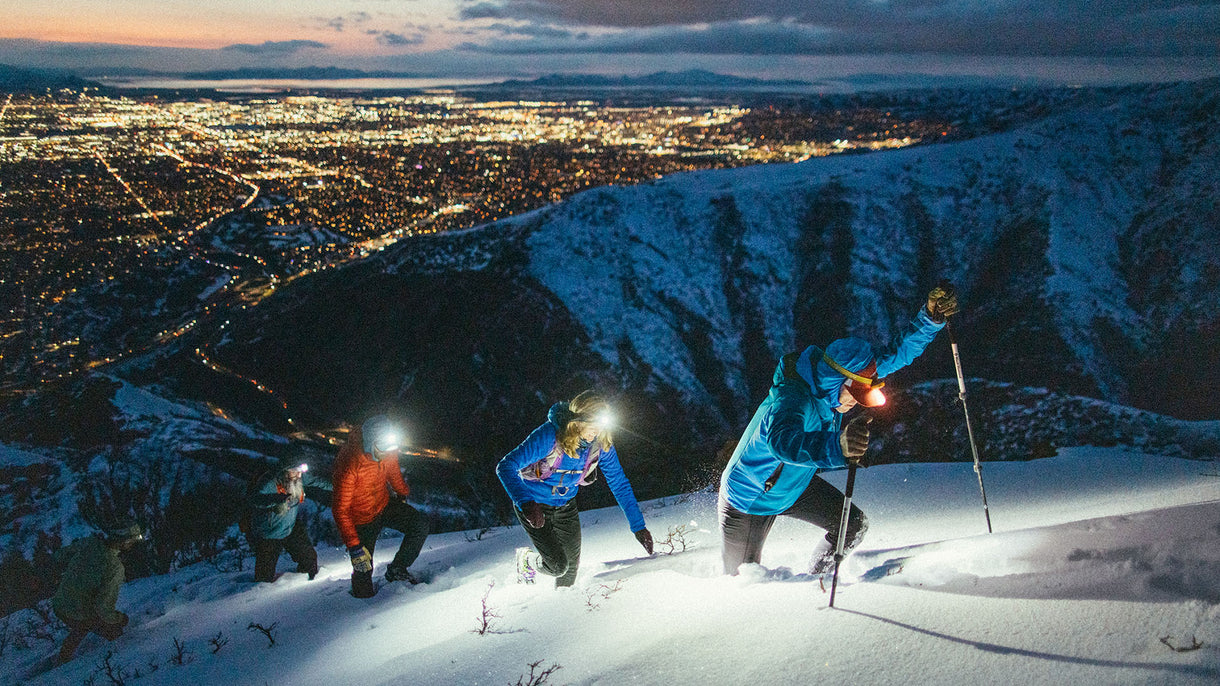

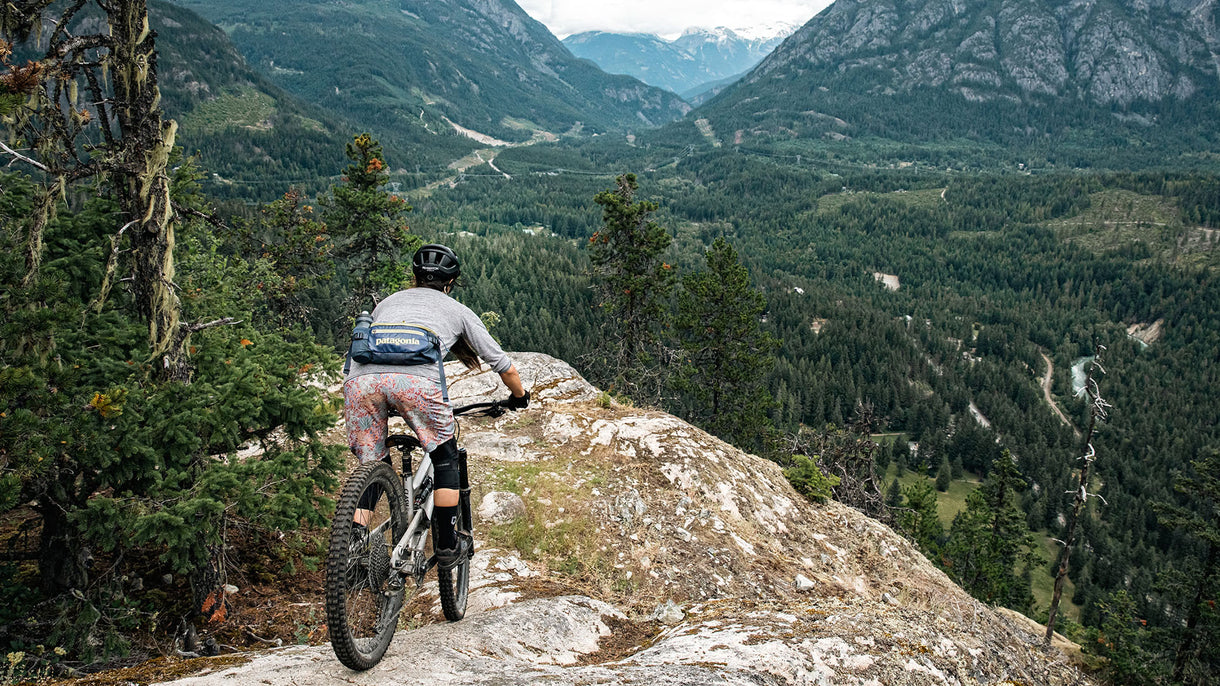
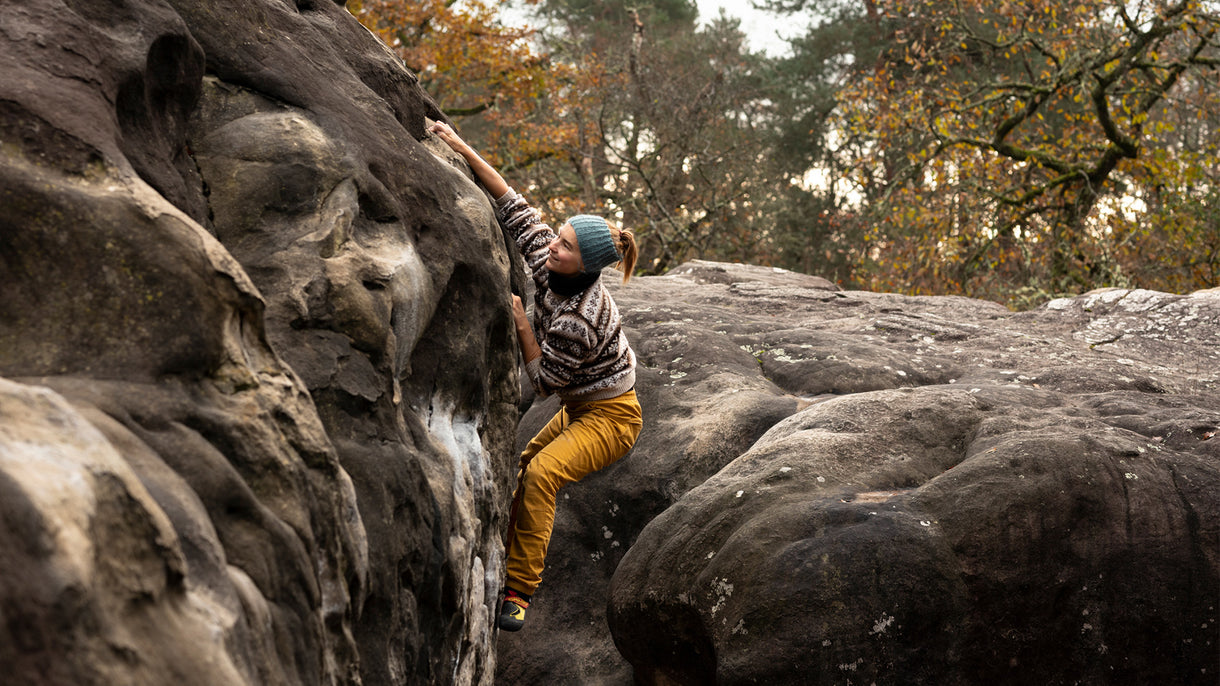
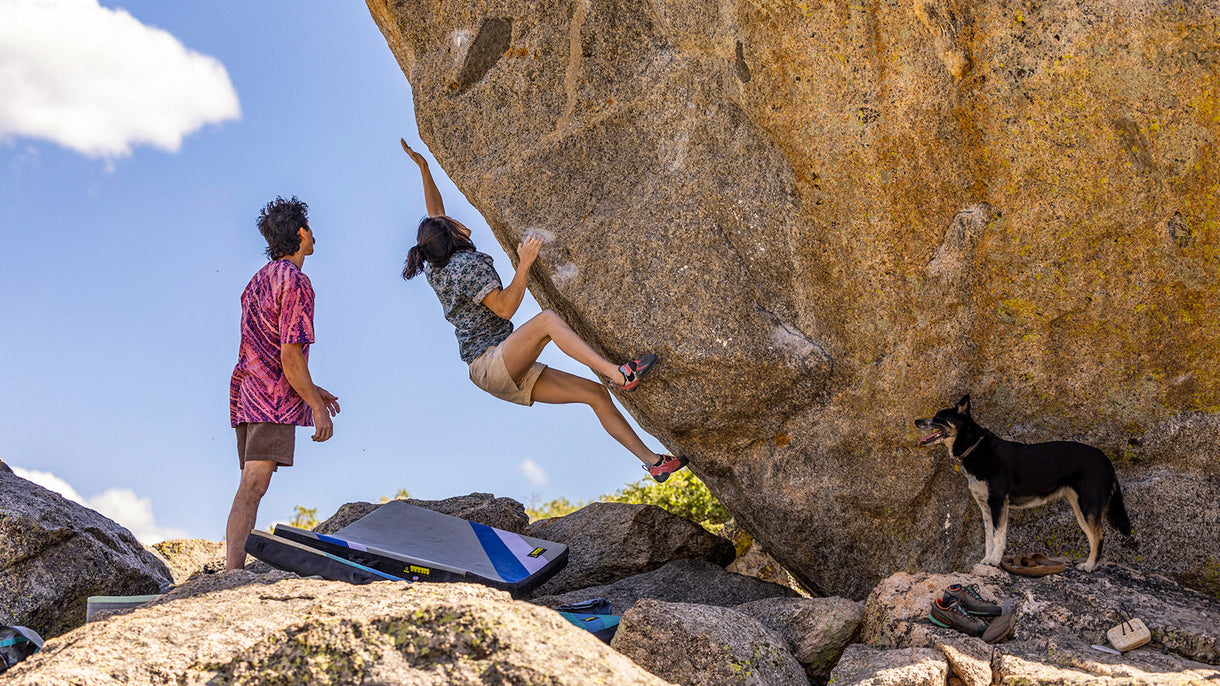

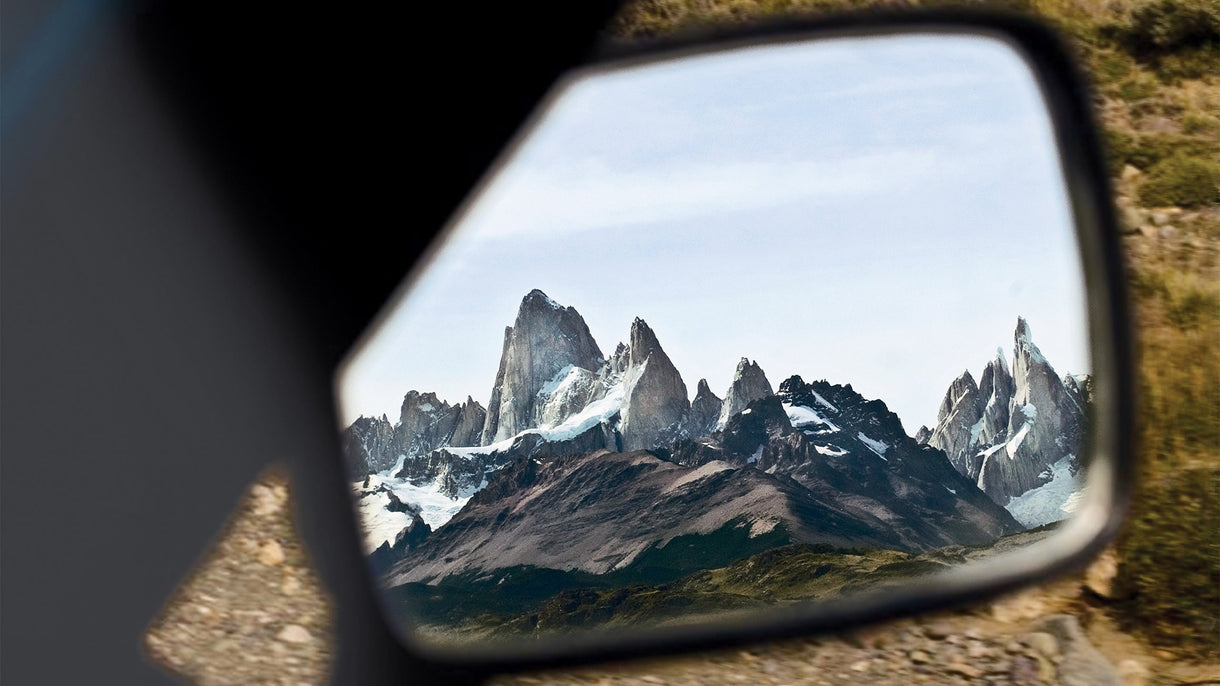
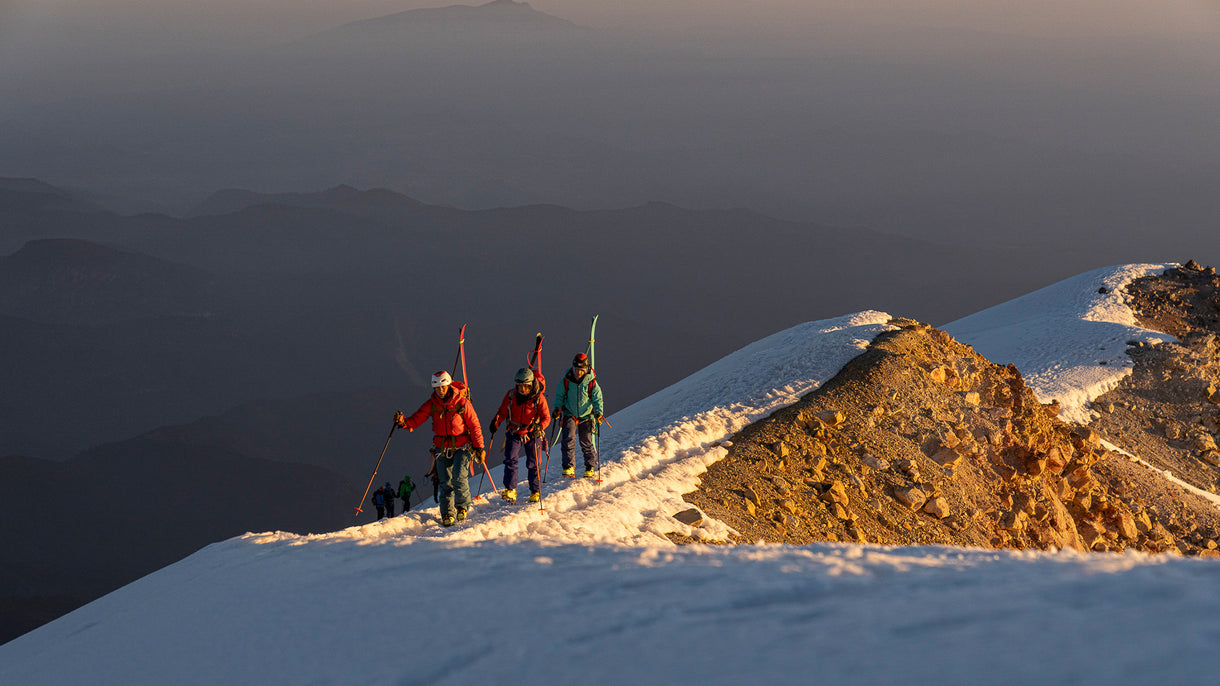
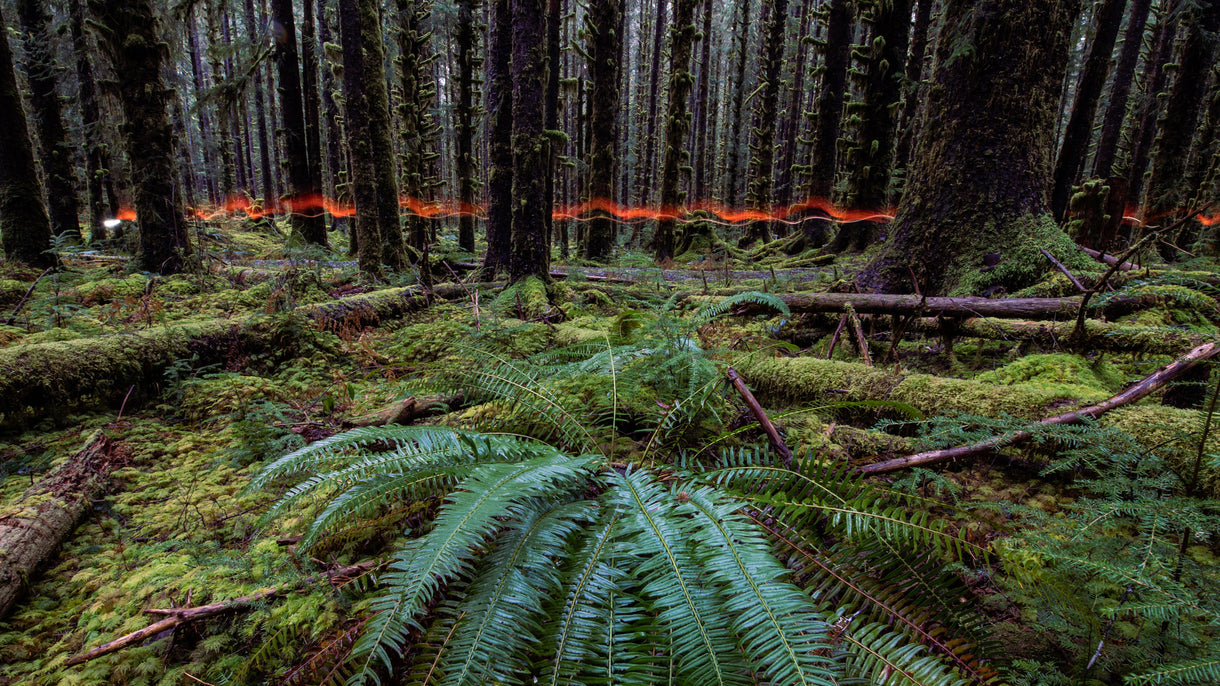
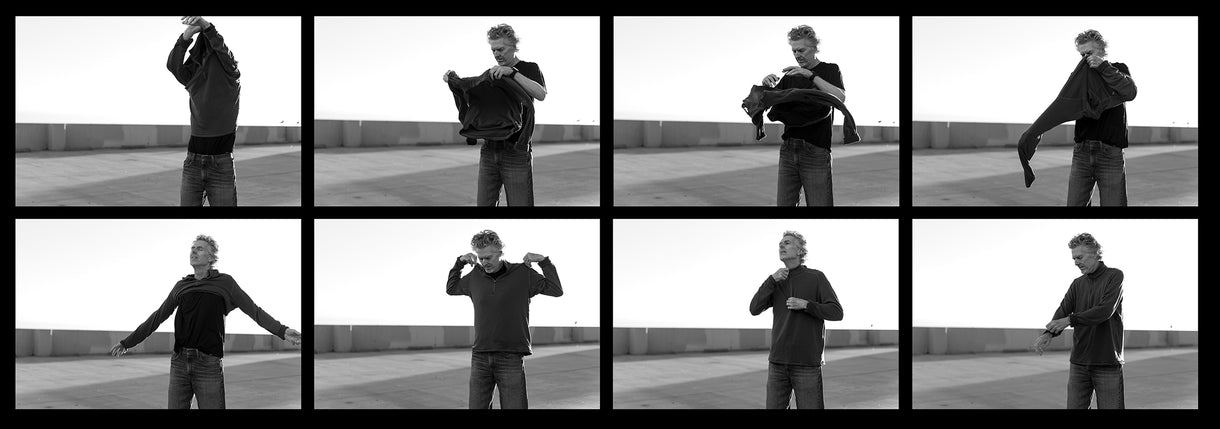
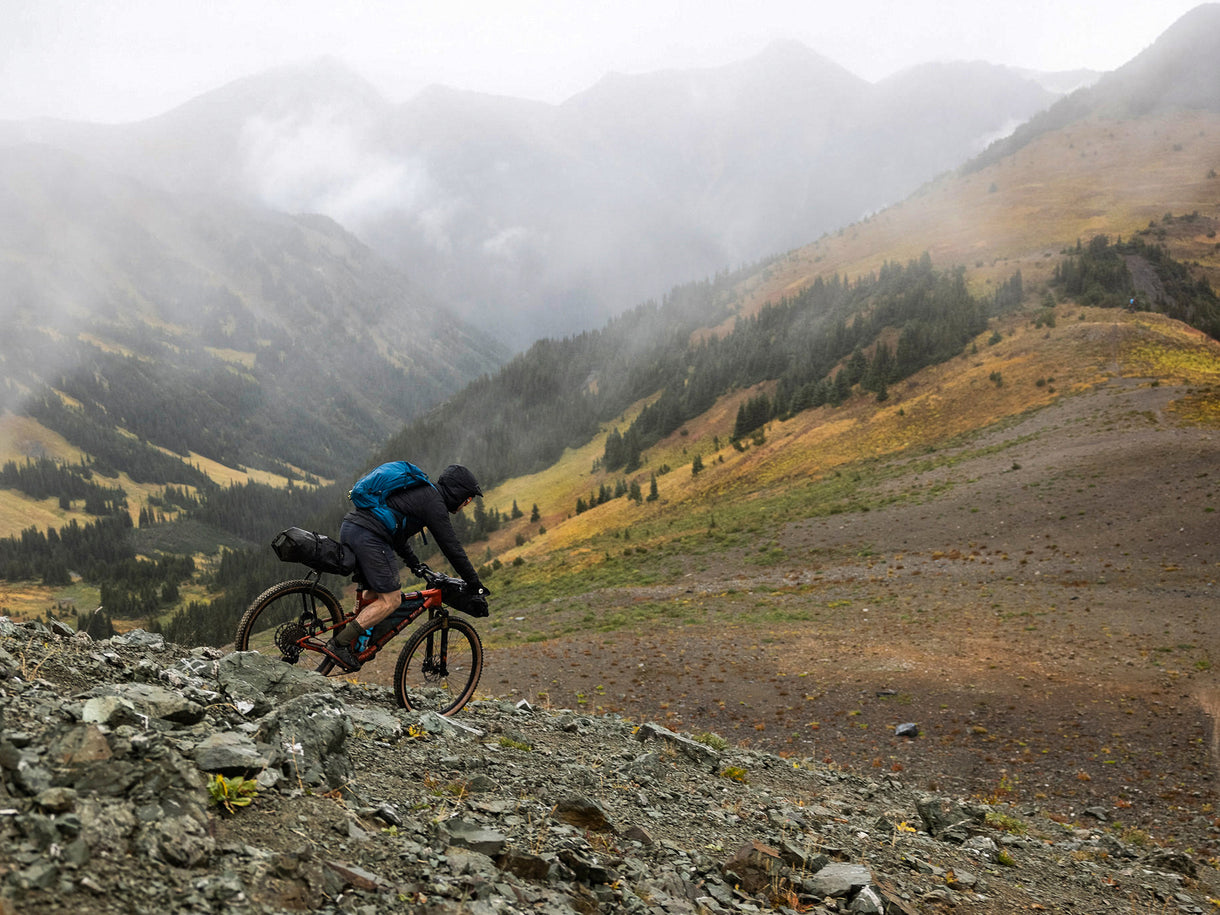
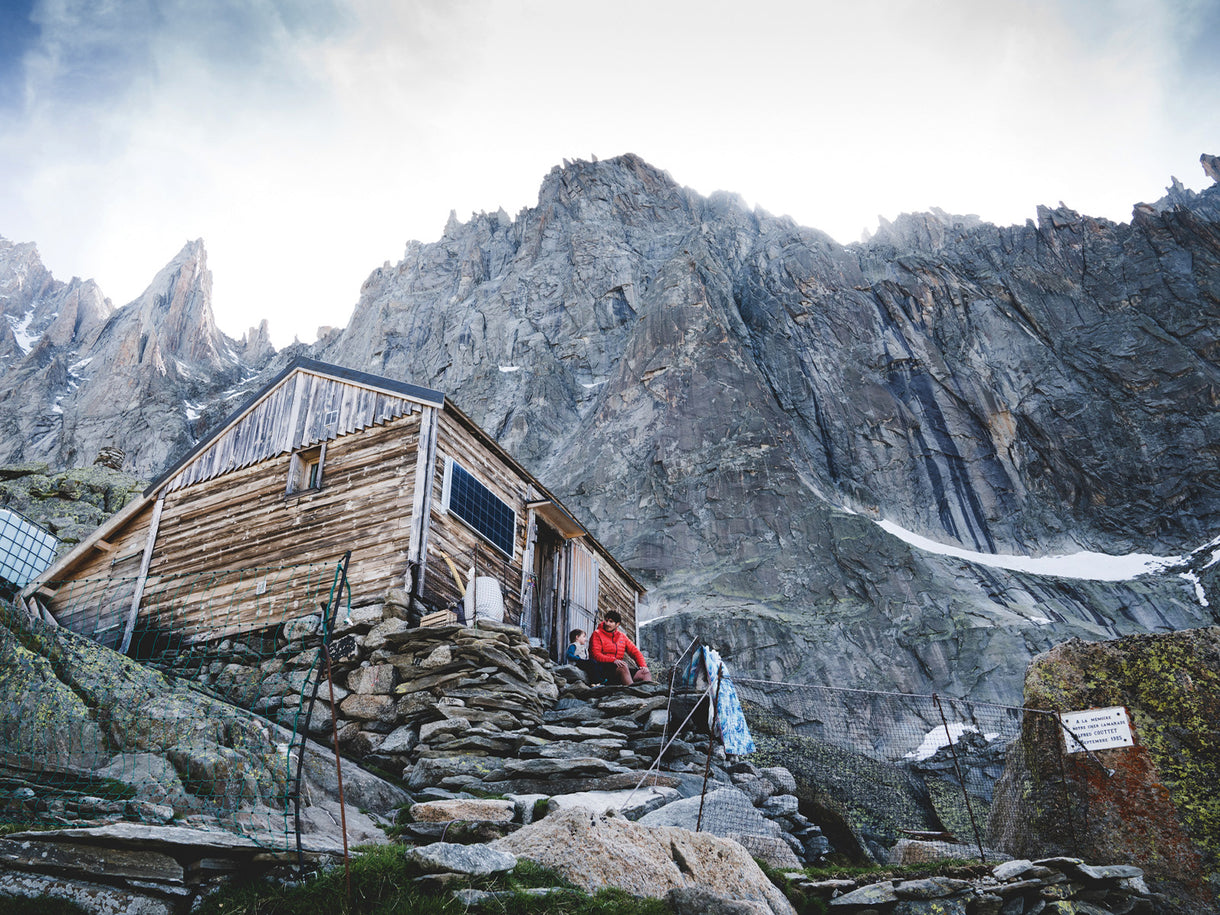
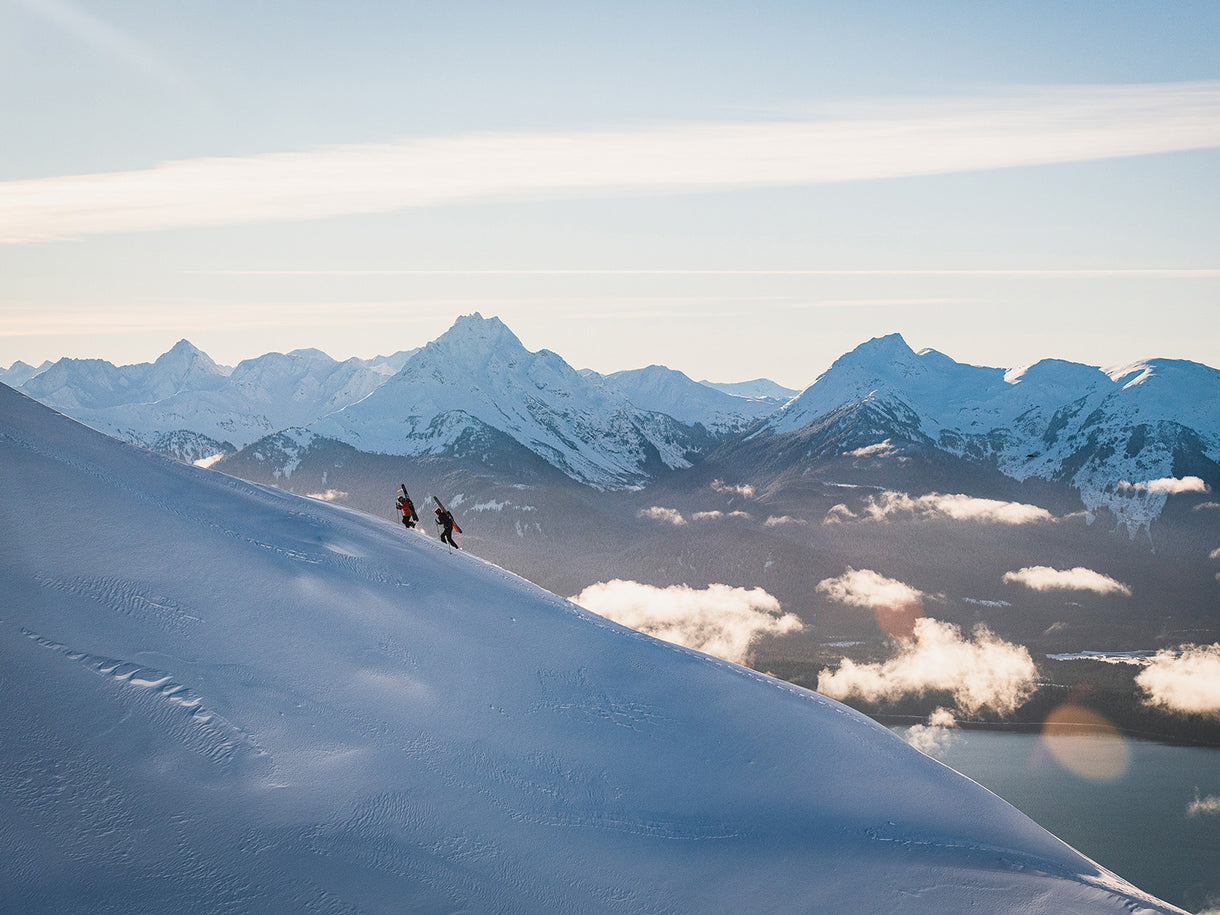
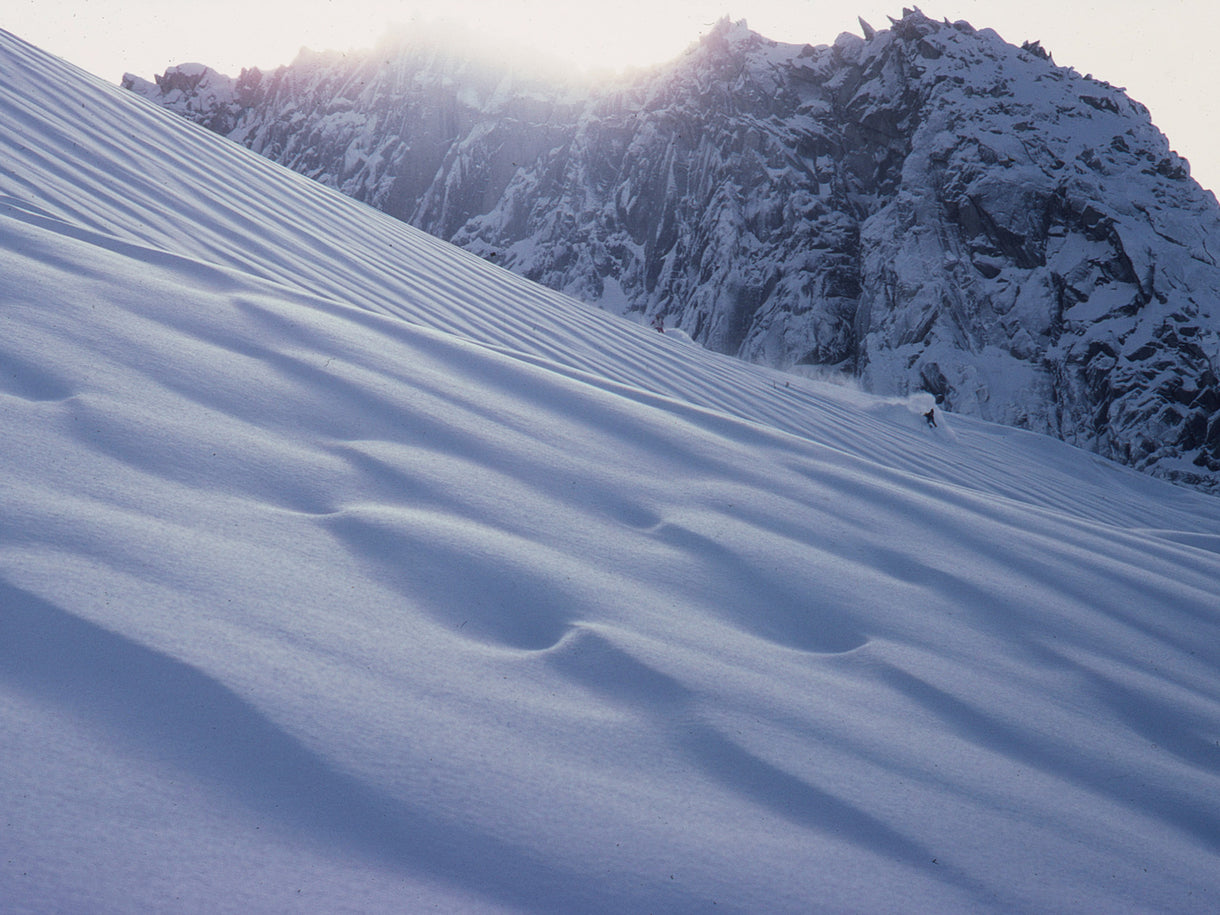
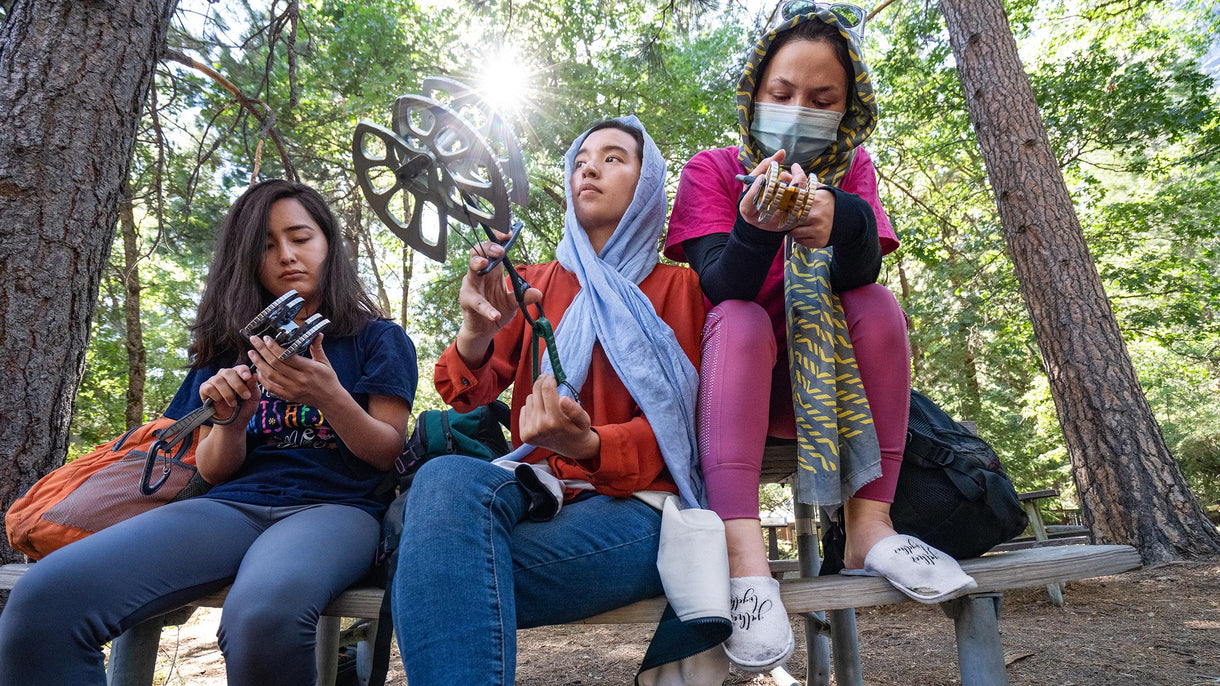
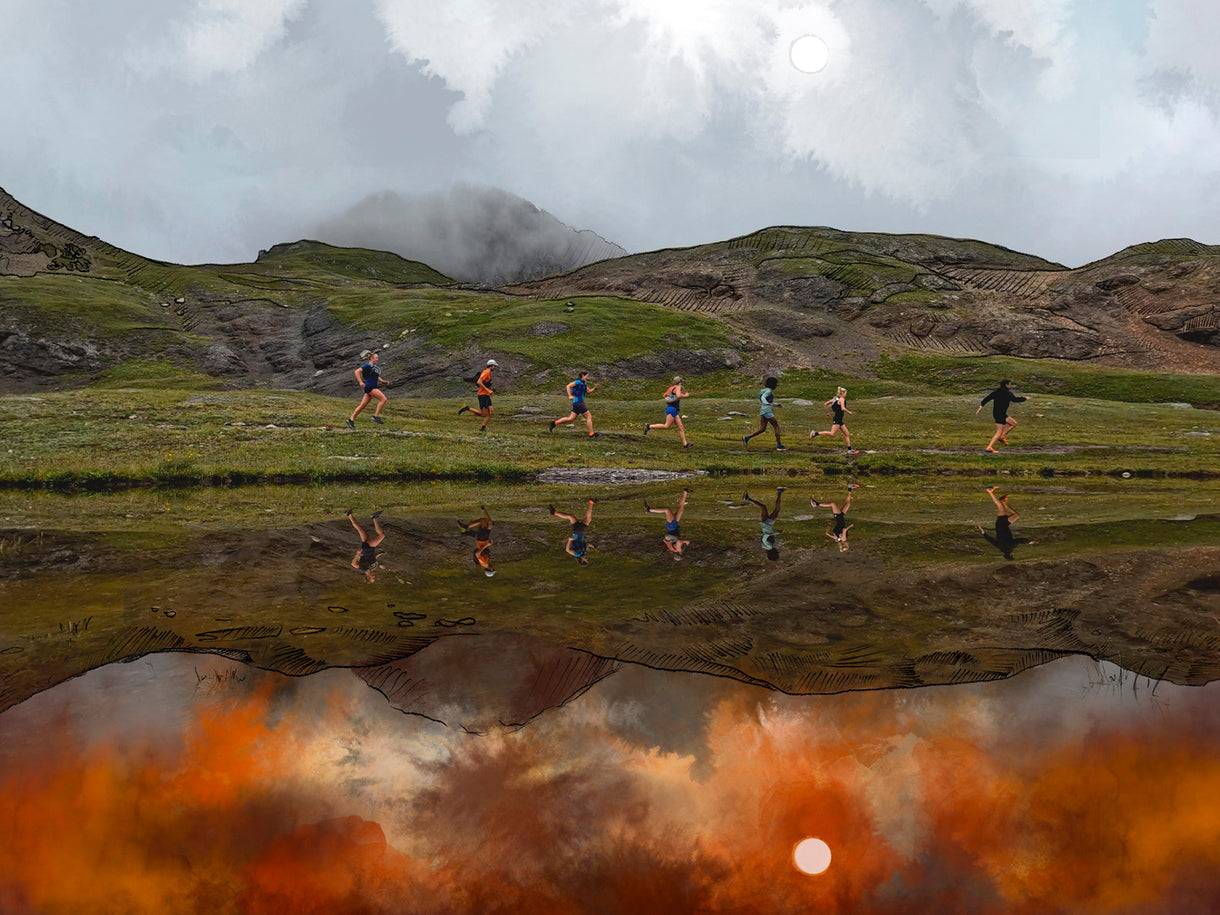
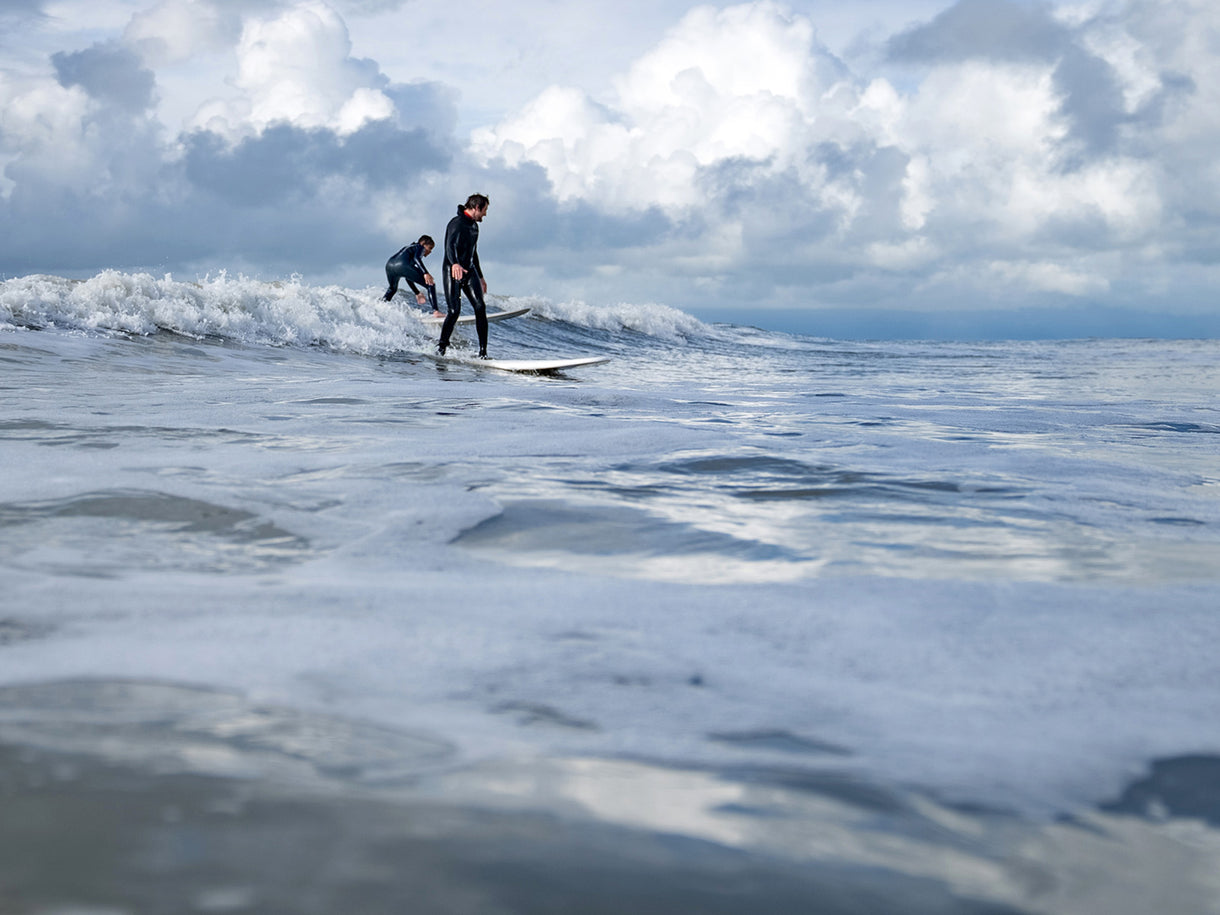
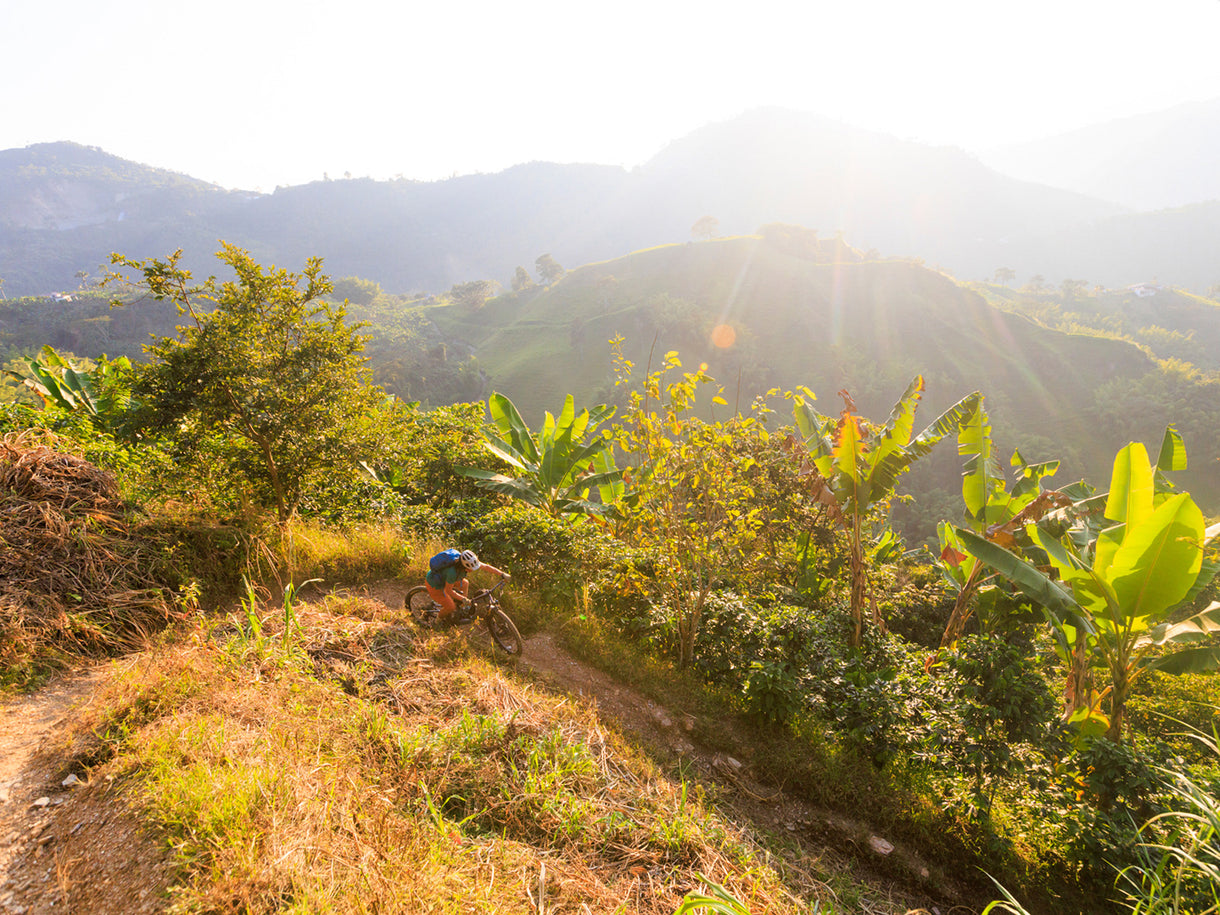
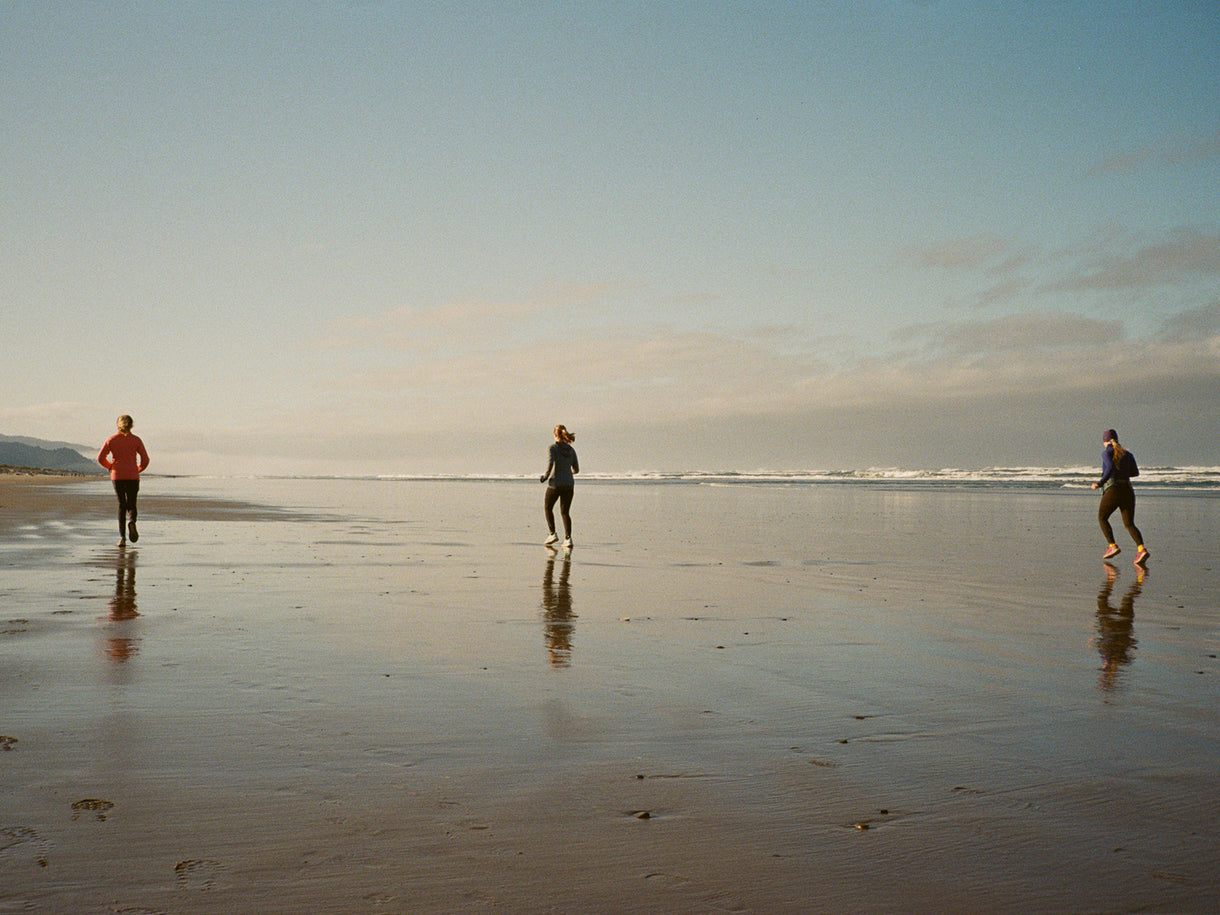
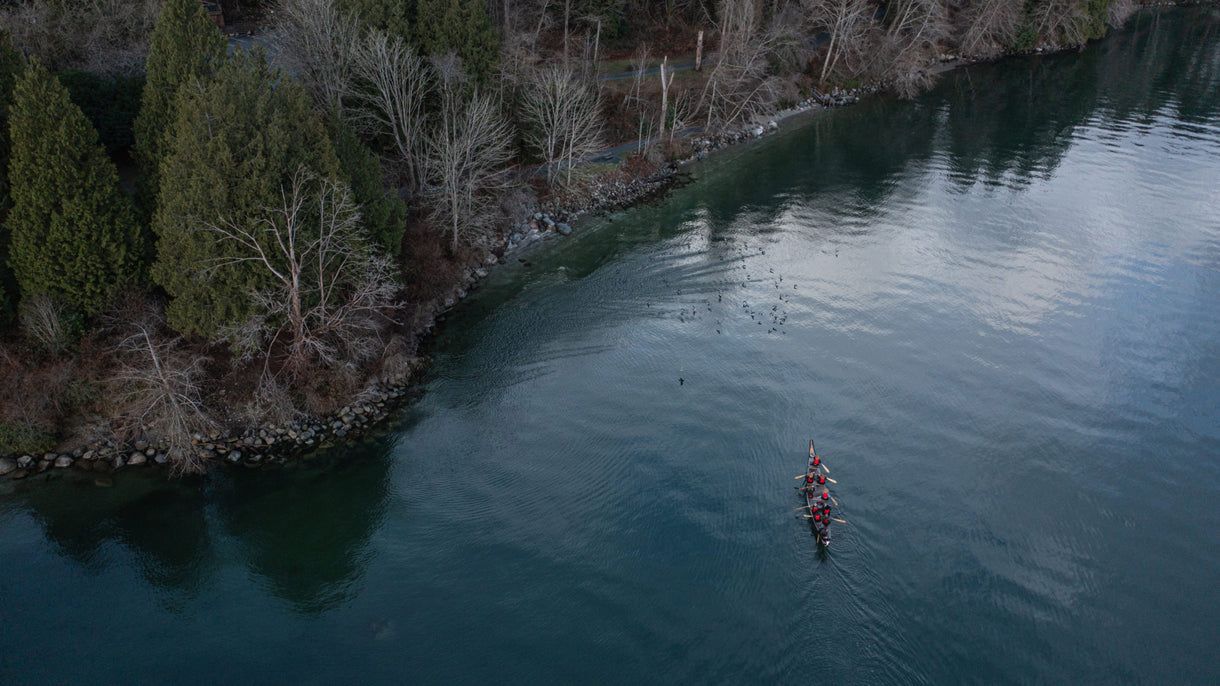
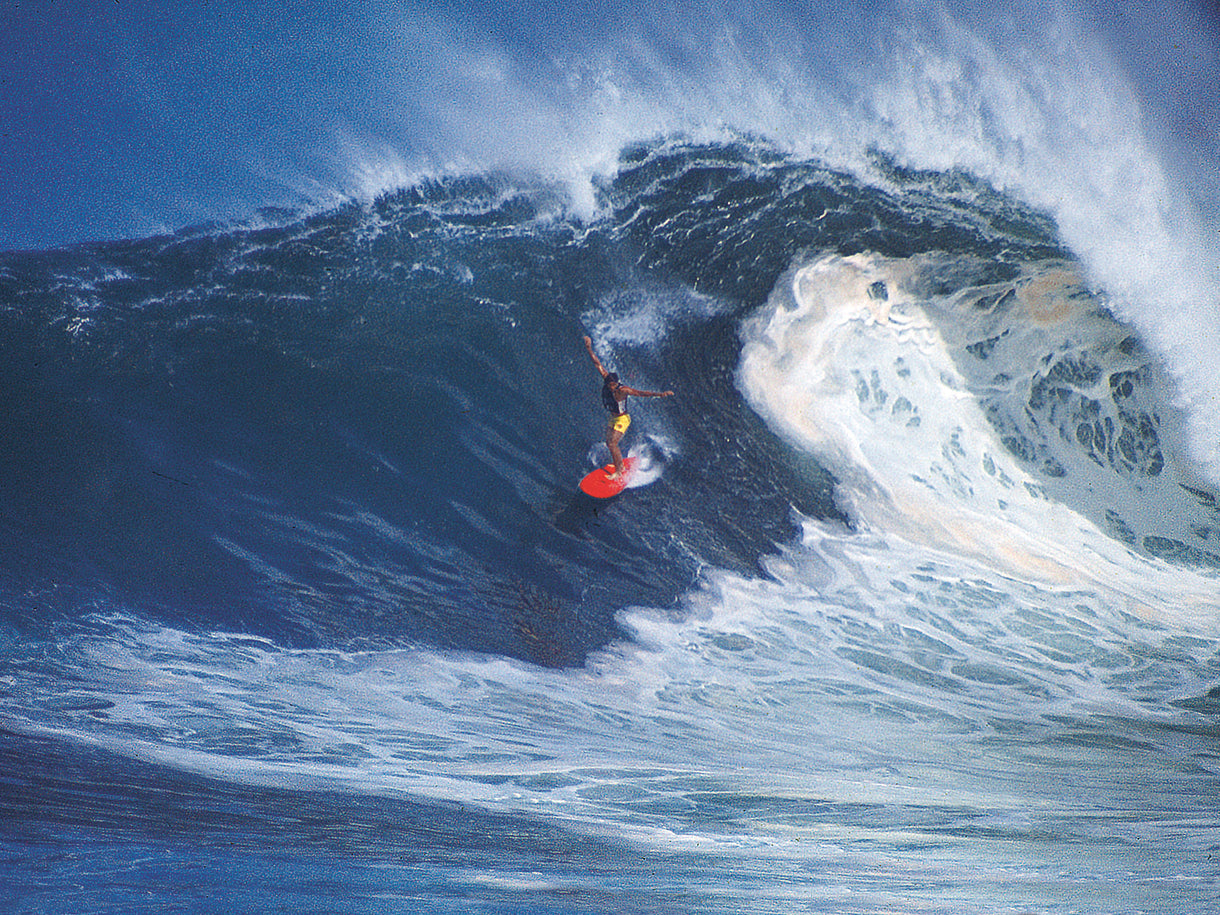

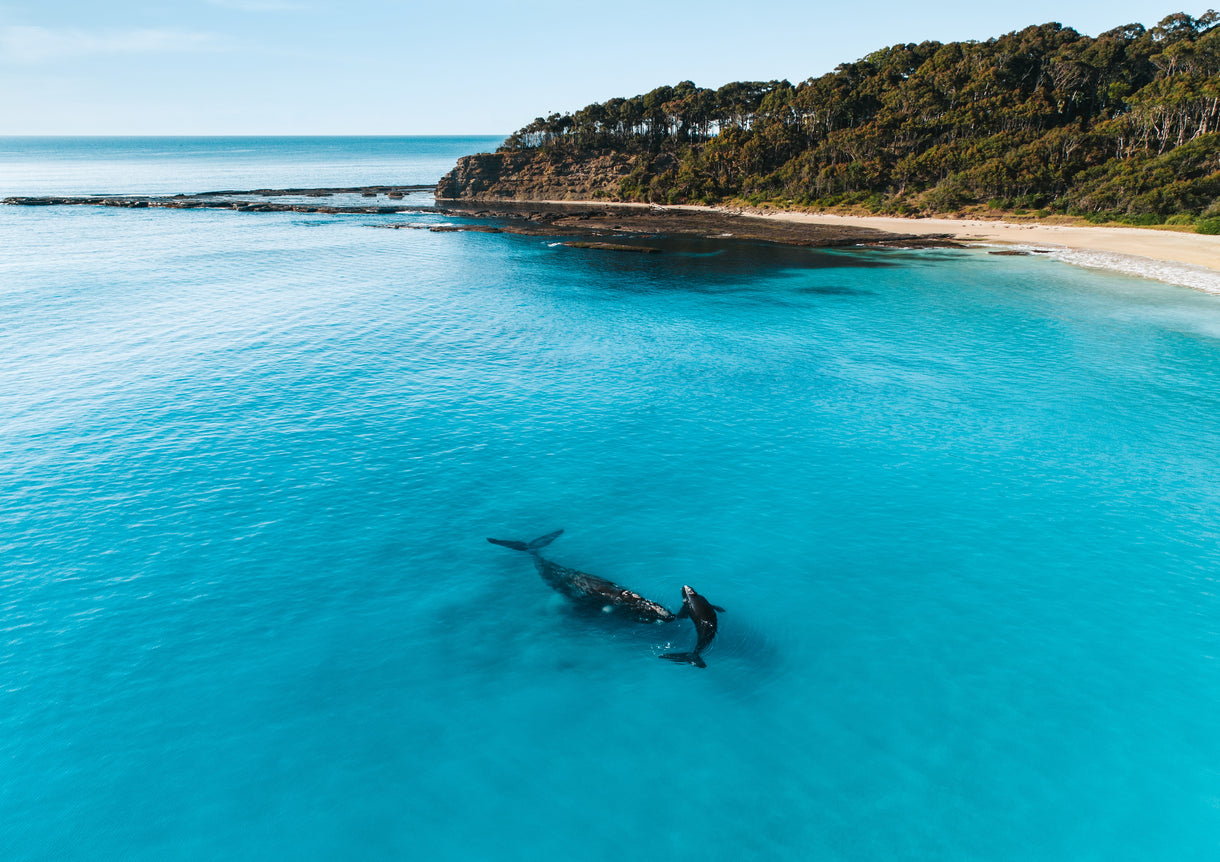

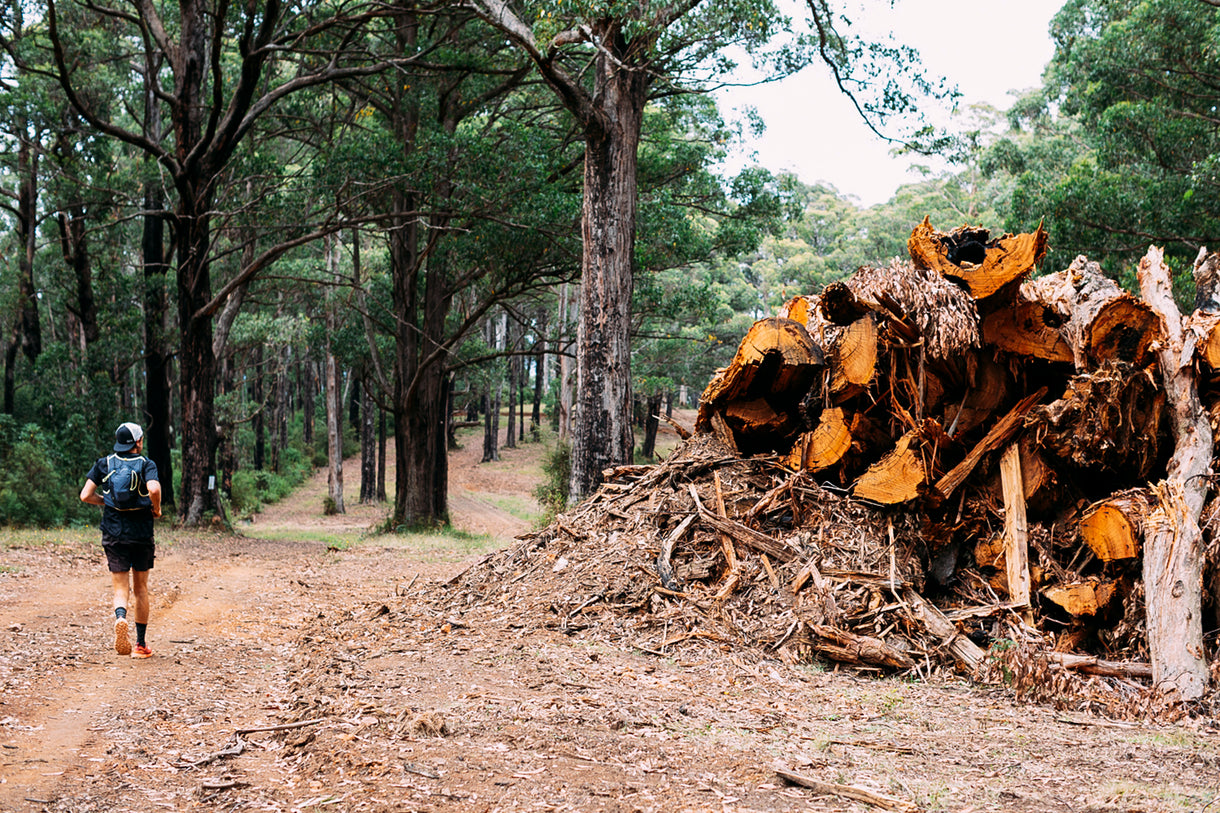
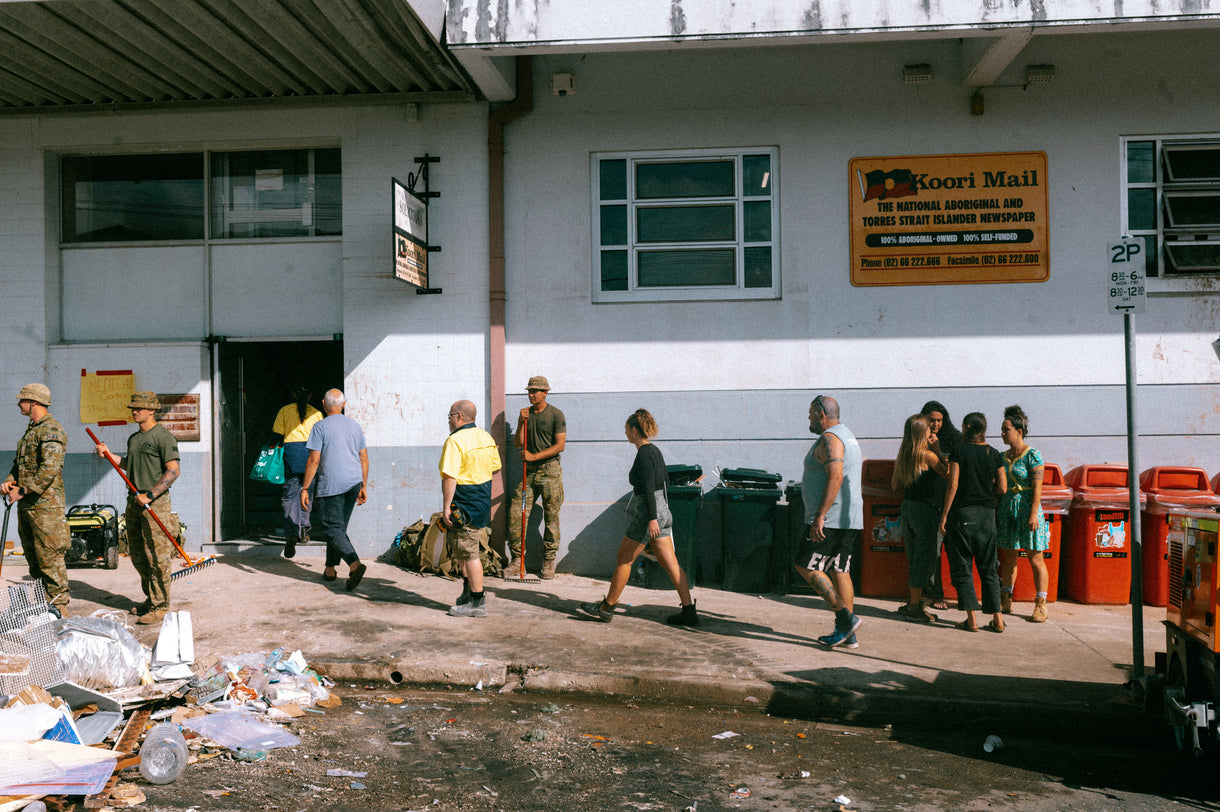

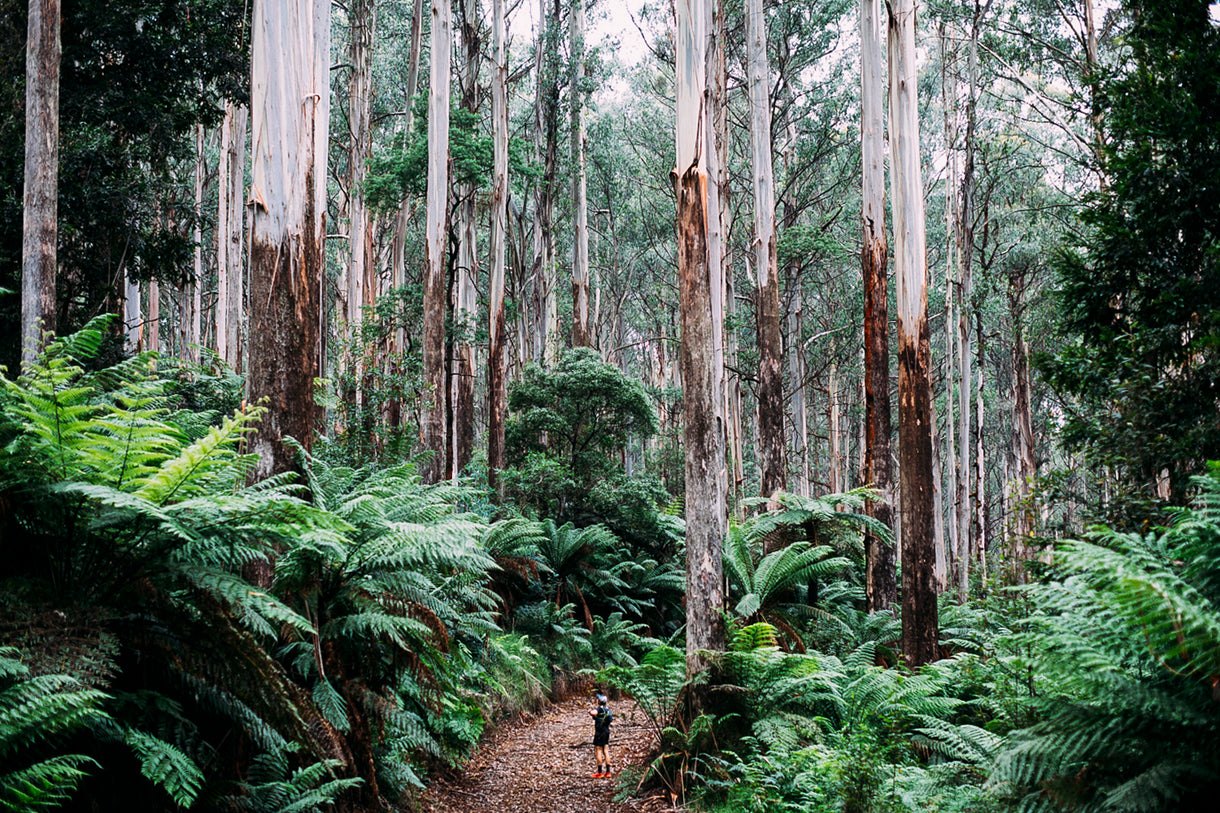



Katie is a Patagonia climbing ambassador and data scientist working on data accessibility for the clean energy transition. She’s loosely based in Berkeley, California, and spends her time exploring the country for the many boulder problems that inspire her.